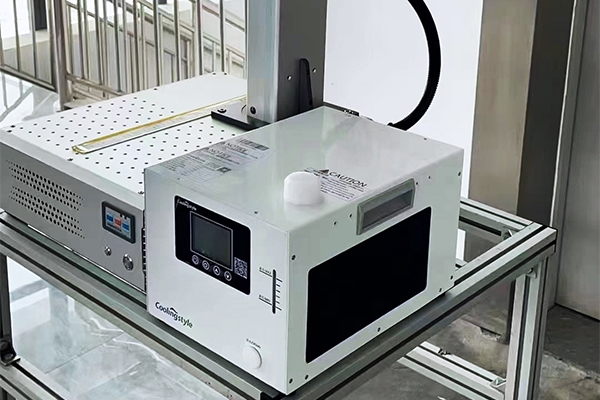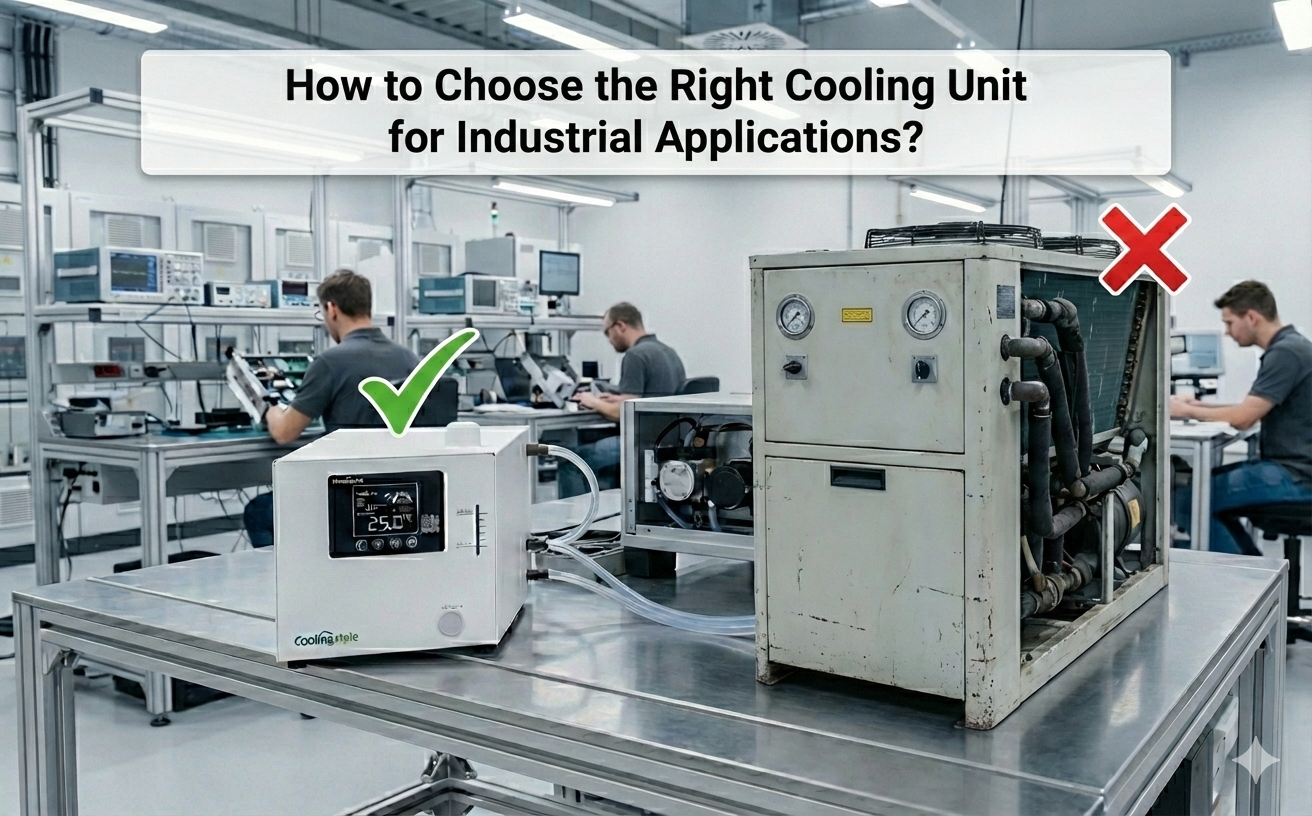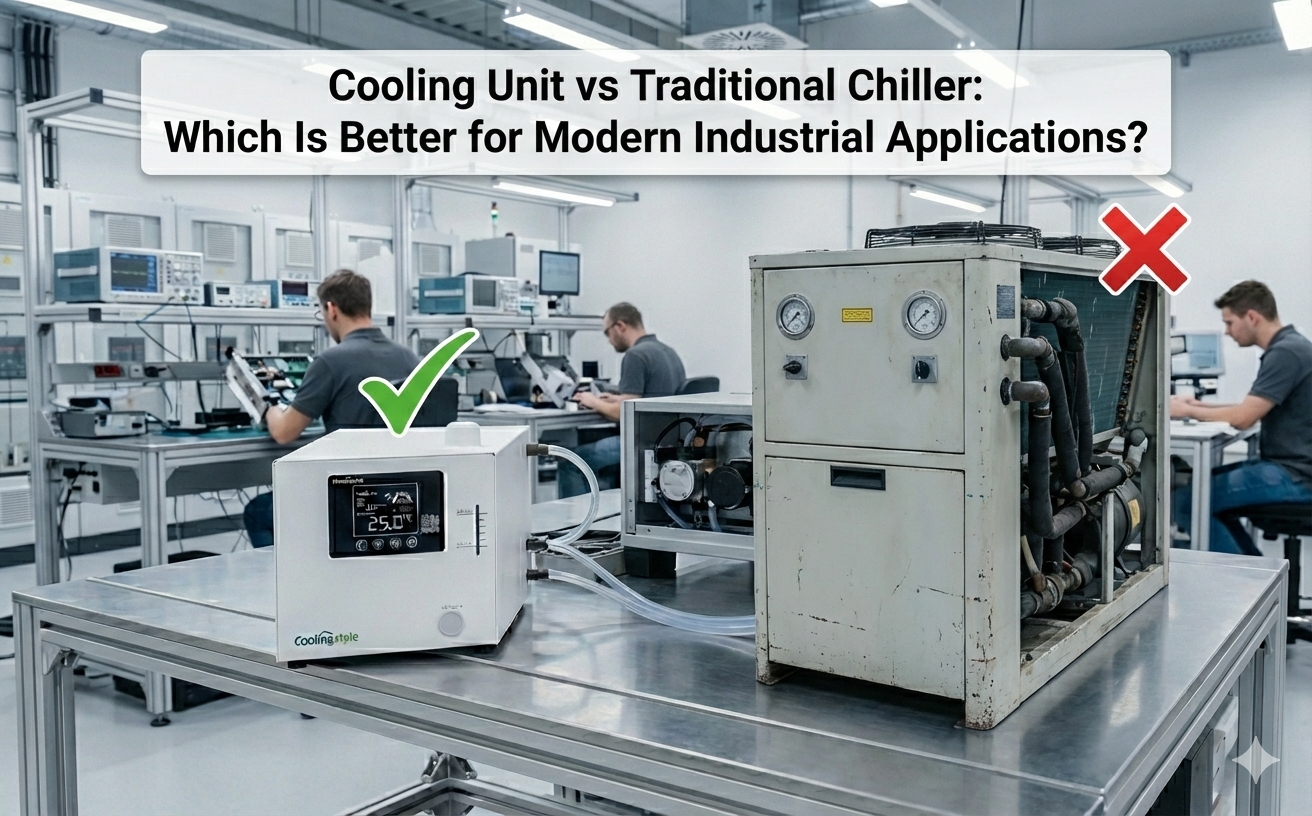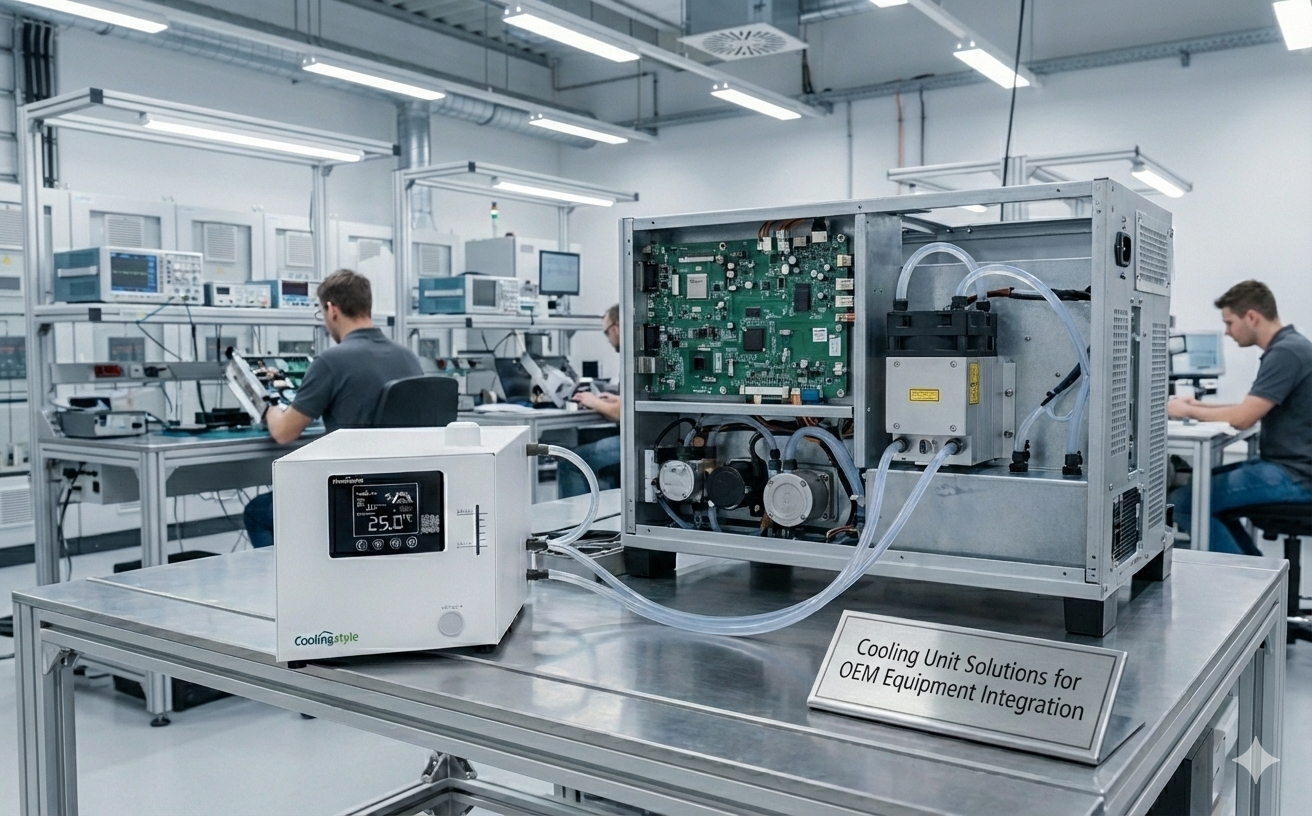Mit dem schnellen Anstieg des Elektrofahrzeugs (EV) Annahme aufgrund von Bedenken hinsichtlich fossiler Brennstoffe und Klimawandel, Effiziente Ladelösungen werden kritisch werden. Nach Angaben der Internationalen Energieagentur, Die Anzahl der EVs weltweit wird voraussichtlich überschreiten 3 Millionen bis 125 Millionen von 2030.
Schnellladinfrastruktur ist von entscheidender Bedeutung, um dieses Wachstum zu unterstützen, insbesondere wenn die Fahrer längere Strecken zurücklegen. jedoch, Schnelles Laden erzeugt erhebliche Wärme, Herstellung Thermalmanagementsysteme unverzichtbar für die Gewährleistung der Sicherheit, Effizienz, und Haltbarkeit. Unter den verfügbaren Lösungen, Flüssigkühlsysteme fällt sich als der effektivste Ansatz aus.

Was sind Elektrofahrzeuge?
Elektrofahrzeuge (Elektrofahrzeuge) verwenden Batterien Anstelle von fossilen Brennstoffen, um ihre Motoren zu versorgen, erhebliche Reduzierung von Emissionen und Umweltauswirkungen. Durch das Laden der Batterie mit Strom laden, EVs beseitigen die Notwendigkeit einer Verbrennung, Vorteile anbieten wie z.:
- Verbesserte Energieeffizienz
- Umweltverschmutzungsfreier Betrieb
- Geringere Umwelt Fußabdruck
Trotz dieser Vorteile, Ladeinfrastruktur bleibt eine Herausforderung, Besonders der Bedarf an schnellem, weit verbreitete Ladestationen. Mit zunehmender Ladequoten steigen, So auch die Wärmeerzeugung, notwendig Fortgeschrittene Kühltechnologien Effizienz und Sicherheit aufrechtzuerhalten.

Die Bedeutung von Kühlsystemen in EVs
Effiziente Kühlsysteme sind für die Aufrechterhaltung der Batterieleistung und Sicherheit unerlässlich. Hohe Temperaturen während des Ladung können zu:
- Batterieverschlechterung: Reduzierte Kapazität und kürzere Lebensdauer.
- Thermalausreißer: Überhitzung, die zu Bränden oder Explosionen führen kann.
- Ungleiche Leistung: Variationen der Zelltemperaturen verursachen eine inkonsistente Aufladung und Entlassung.
Das thermische Management sorgt dafür, dass die Batterien in einem sicheren Temperaturbereich bleiben, Verbesserung der Effizienz und Verhinderung von Gefahren. Unter den verfügbaren Lösungen, Flüssigkühlsysteme haben sich als die effizienteste und zuverlässigste herausgestellt.
Was sind flüssige Kühlsysteme?
Flüssigkühlsysteme bieten eine überlegene Wärmeextraktion im Vergleich zur Luftkühlung, dank der höheren Dichte und Wärmekapazität von Flüssigkeiten. Diese Systeme sind kompakt, energieeffizient, und leiser, Sie ideal für moderne Elektrofahrzeuge und Ladestationen machen.
Arten von Flüssigkühlsystemen
Bietet mechanische und elektrische Sicherheit, Machen Sie es für Massenmarkt-EVs geeignet.
Direkte Flüssigkühlung
Verwendet Dielektrizflüssigkeit.
Ideal für Hochleistungsanwendungen, aber kostspielig und komplex.
Indirekte Flüssigkeitskühlung
Verwendet Kühlmittelröhrchen oder Platten, um Wärme von Batterien zu übertragen.
Warum flüssige Kühlung ideal für EV -Ladestationen ist
Wenn die EV -Ladequoten zunehmen, Herkömmliche Luftkühlsysteme entsprechen den Anforderungen einer schnellen Infrastruktur nicht. Flüssigkühlungssysteme stellen diese Herausforderungen effektiv an:
Fortgeschrittene Entwürfe minimieren das Risiko von Überhitzung, Lecks, und Kurzstrecken, Sicherstellung sicherer Betrieb in anspruchsvollen Umgebungen.
Überlegene Wärmeissipation
Wasser hat 3,500 mal die Wärmekapazität von Luft, Damit die Wärme weitaus effizienter entfernen.
Kompaktes Design
Flüssigkühlungssysteme sind kleiner und leichter in Ladestationen integriert zu integrieren.
Energieeffizienz
Verbraucht weniger Energie im Vergleich zu Luftkühlsystemen, Senkung der Betriebskosten.
Verbesserte Haltbarkeit
Versiegelte Systeme verhindern, dass Staub und Schmutz die Kühlungseffizienz verringert, Gewährleistung einer langfristigen Zuverlässigkeit.
Sicherere Betrieb
Kühlstil: Ein führender Anbieter in der Flüssigkühlungstechnologie
Unter den vielen verfügbaren Flüssigkühllösungen, Wasserkühler des Kühlstils sich durch ihre Effizienz abheben, Haltbarkeit, und Kosteneffizienz.
Produkt ausgestattet: 5U-Rack-montierter Kälte
- Kühlkapazität: 1000–1200W
- Kompaktes Design: Platzsparende Rack-Rack-Setup
- Präzise Kontrolle: Behält die Temperaturstabilität innerhalb von ± 0,1 ° C bei
- Energieeffizienz: Niedriger Stromverbrauch mit fortschrittlicher Frequenzumwandlungstechnologie
Kühlstyle Chillers sind ideal für EV -Ladestationen, schnell sicherstellen, Zuverlässige Kühlung für hochdarstellende Anwendungen.
Fazit
Als EV -Adoption beschleunigt sich, Eine schnelle und effiziente Ladeinfrastruktur ist entscheidend, um diesen Übergang zu unterstützen. Flüssigkeitskühlsysteme, mit ihrer überlegenen Wärmeabteilung, kompaktes Design, und Energieeffizienz, sind die bevorzugte Lösung für das thermische Management in EV -Ladestationen geworden.
Mit innovativen Produkten wie die Kühlstyle 5U-Rackmontierkühler, Die Branche ist gut ausgestattet, um die Herausforderungen des Rapid-EV-Wachstums zu begegnen, Bereitstellung zuverlässiger und nachhaltiger Lösungen für die Zukunft des Transports.
Eines ihrer hervorragendsten Produkte ist ihr 5U Rack-montierter Chiller, mit einer Kühlleistung von 1000–1200 W. Es eignet sich perfekt für den Einsatz in einer Ladestation für Elektrofahrzeuge.






